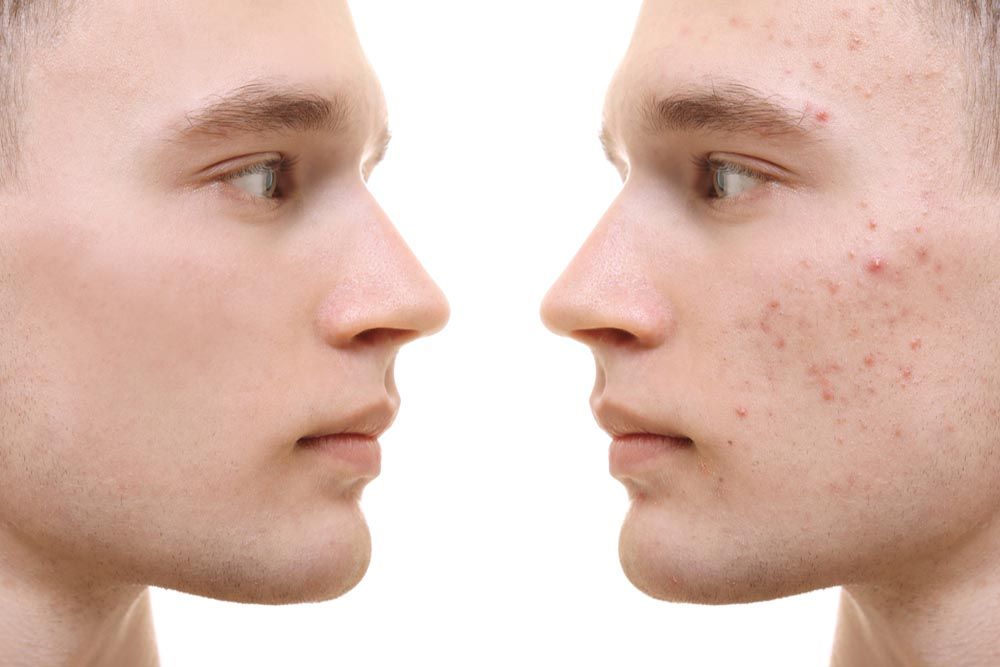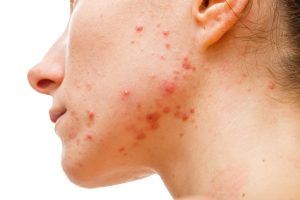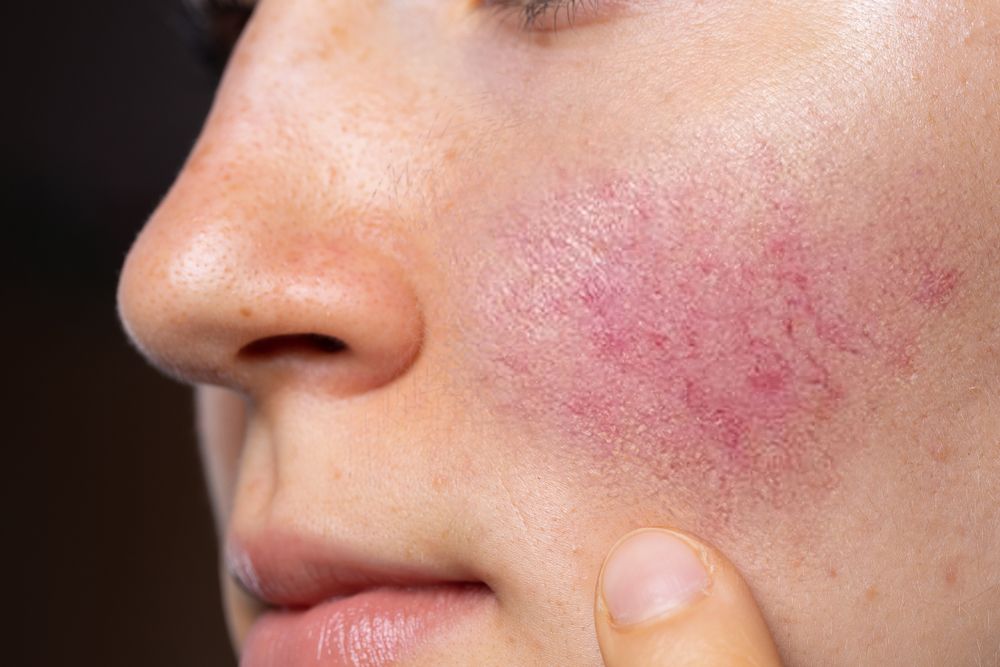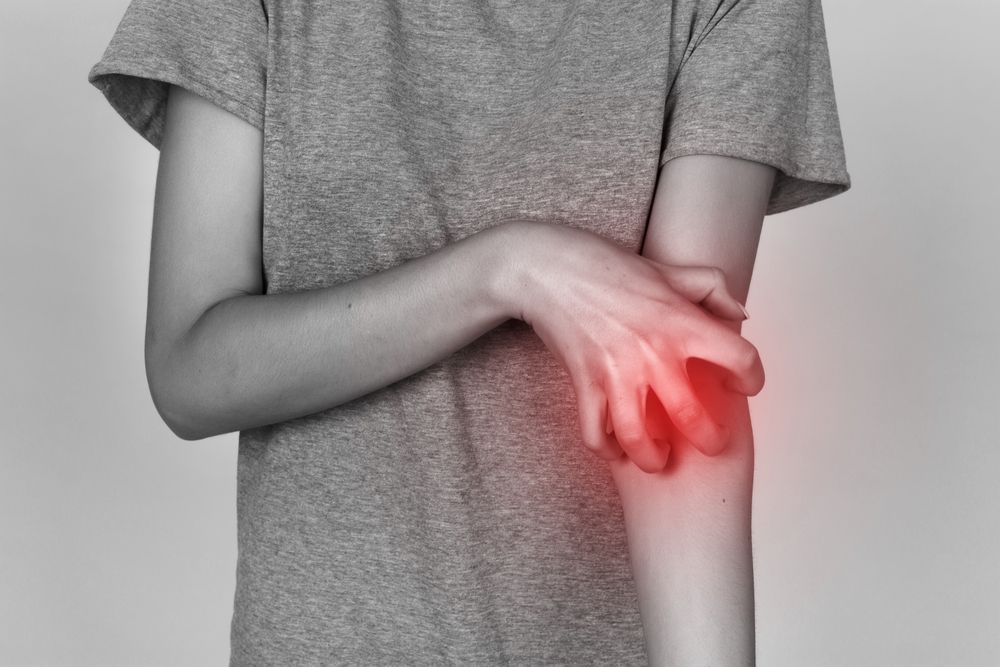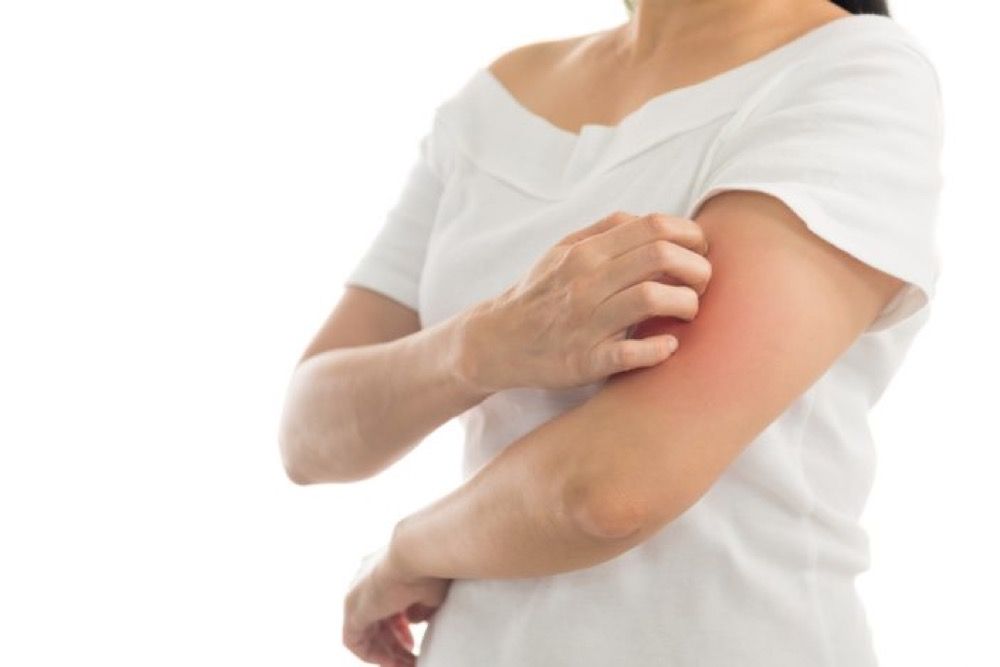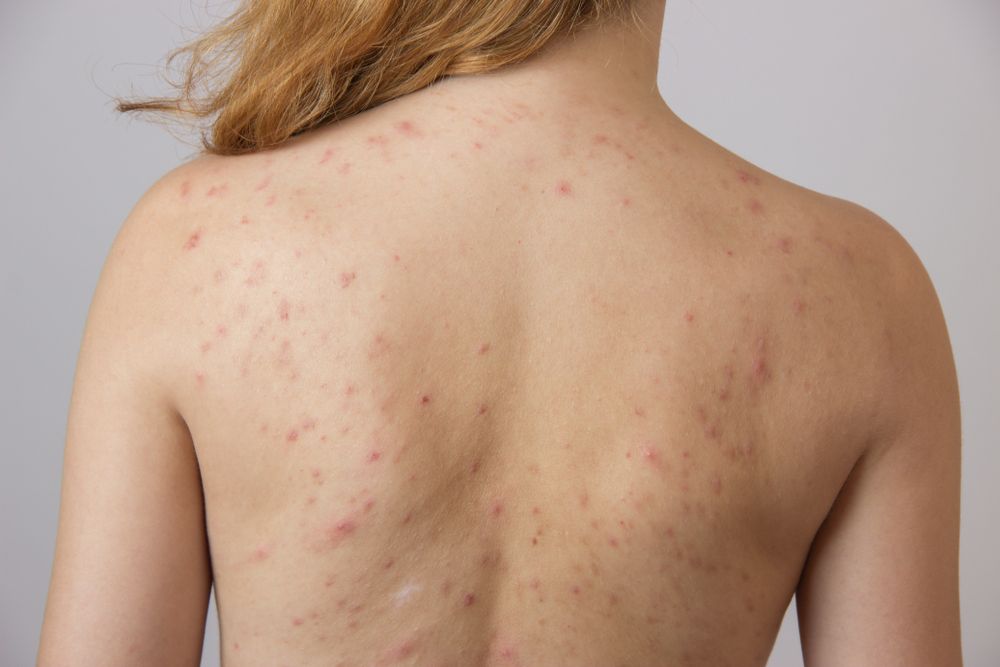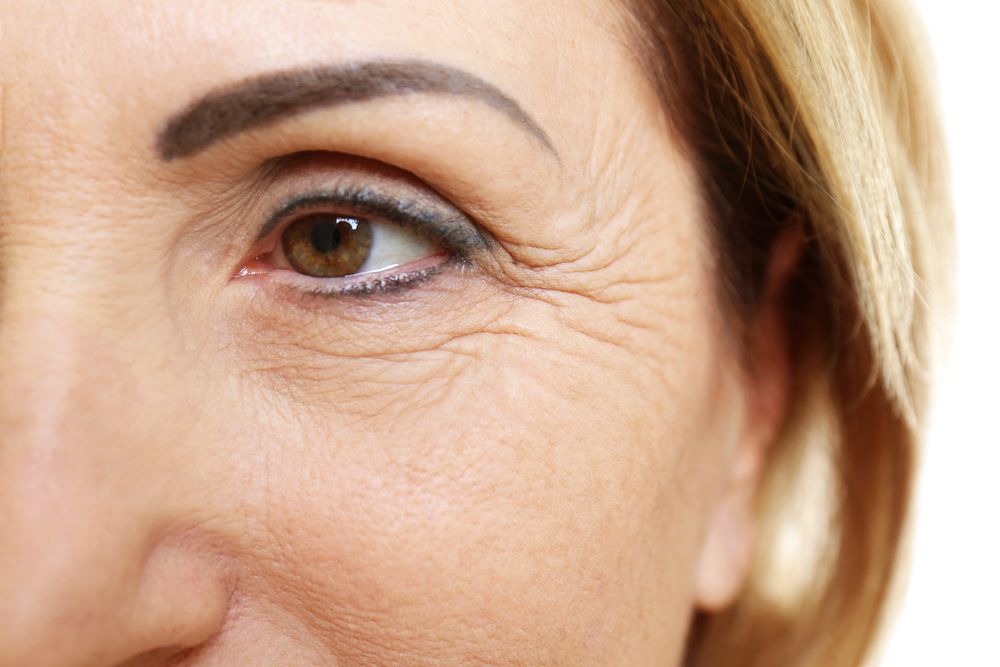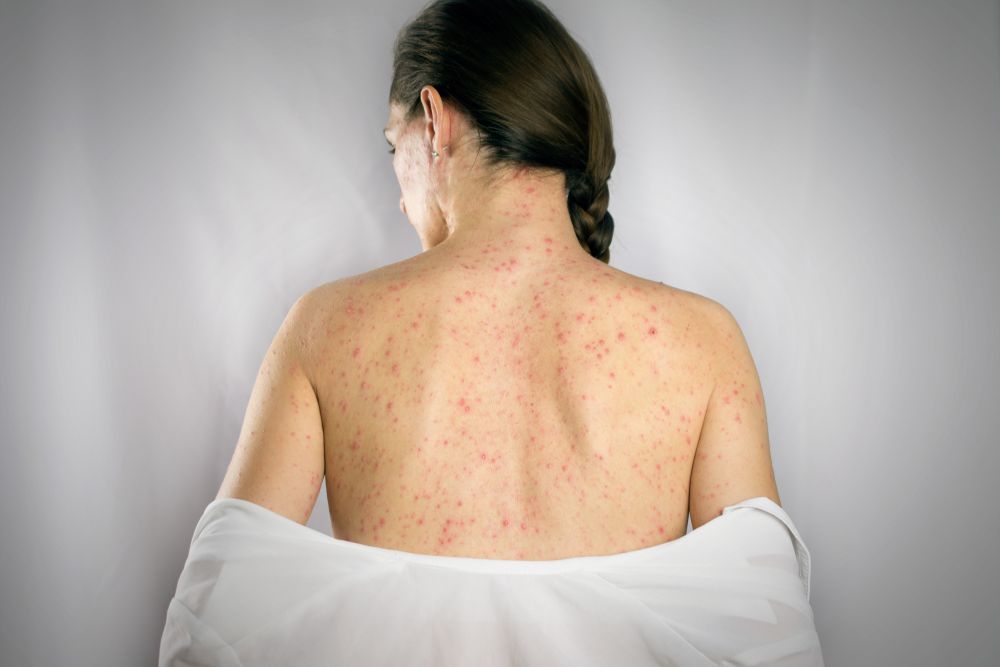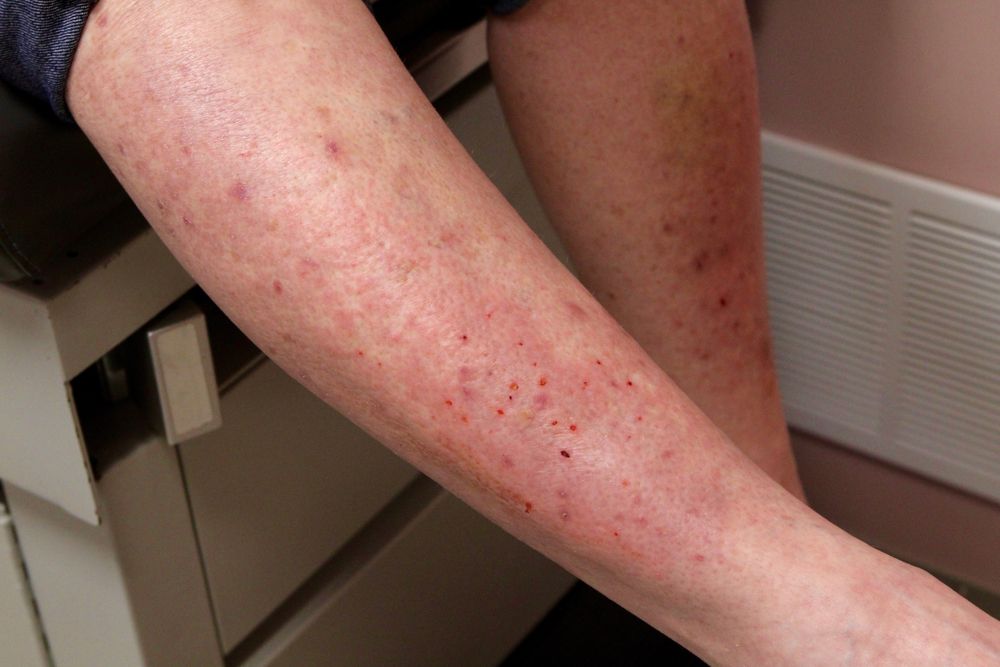Acne is notoriously difficult to treat, but topical prescription treatments like tretinoin cream can boost your acne treatment regimen and help you get clear skin. (Learn More) Tretinoin cream is a laboratory-made version of vitamin A.
You are more likely to use this cream if your acne does not respond to milder treatment. (Learn More) You are likely to experience some side effects, especially when you first start using tretinoin cream. (Learn More)
How Tretinoin Cream Works
Tretinoin cream is sold under brand names Retin-A, Renova, and Avita. It can only be purchased with a prescription. It is a synthetic form of vitamin A, which makes this treatment a retinoid.
Retinoids are known to encourage new cell growth, forcing the shedding of dead skin cells. Healthline says this forces your skin to get rid of blackheads and whiteheads. Ultimately, it helps to better control acne.
Tretinoin cream can also assist your skin in regulating sebum, the natural mechanism that increases oil production in your skin. This prevents acne from forming in the future.
The cream is known to be anti-inflammatory. This means current breakouts can be more easily controlled.
How to Use Tretinoin Cream
Tretinoin is known to be strong. The following steps are suggested in order to prevent side effects or other incidents during treatment:
- Apply only a thin layer of the cream at night before going to sleep.
- Use sunscreen the next day, even if only spending a few moments in the sun.
- Wash your face the next day and use a washcloth to ensure your skin is clean.
- Keep your skin moisturized.
Tretinoin vs. Other Topical Treatments
Tretinoin is a strong product, but is known to be effective. In addition to treating acne, tretinoin is used for wrinkles and to decrease the appearance of acne scars or skin discoloration.
However, regularly using tretinoin is not the same as regularly using a non-prescription topical treatment.
When you use tretinoin, be careful with what kind of makeup you use. Avoid the use of perfumes, products containing alcohol or lime, or menthol on your skin after using tretinoin cream.
Not everyone will see desirable effects after using tretinoin cream, but it is an effective treatment for many patients.
Side Effects Associated With Tretinoin Cream
Retinoids are known for producing side effects, such as:
- Worsening acne during the first 7 to 10 days of use.
- Flaky skin.
- Crusty or swollen skin.
- Redness or peeling.
- Changes in skin color (darkness or lightness).
If you experience these side effects, consult with your doctor to make sure they are not stronger than expected. Most patients can expect improvement in their skin’s condition within the first 12 weeks of use, but not faster.
Sometimes, doctors may recommend gradually easing into treatment to avoid severe side effects. This may involve applying the cream every other day initially before graduating into daily application.
Additional side effects can include:
- Thin skin. Retinoids are known for making the skin thinner. Make sure you use sunscreen in order to avoid burns. Wear hats and other clothing to protect skin that has been treated with tretinoin cream.
- Allergic reaction. This is rare, but you should consult with your doctor immediately if you suspect you are allergic to tretinoin.
Persistent side effects may mean you should discontinue or modify your use.
Do not use tretinoin creams on skin that is broken or injured. Cease use of tretinoin if you experience a sunburn as well. You can start using it again after you recover.
Frequently Asked Questions
How is tretinoin cream different from other treatments?
Tretinoin cream is prescription only, so you cannot buy it over the counter (OTC). It is a topical retinoid that has been proven effective in treating acne for some patients. Retinoids are a class of medications that are created from synthetic forms of vitamin A.
The medication encourages new skin cell growth while also allowing for the shedding of dead skin cells.
Whereas many treatment creams are only used to address acne, tretinoin creams are also used for other things, such as to reduce wrinkles, to decrease the appearance of acne scars, and to lessen skin discolorations.
When is tretinoin used?
Your dermatologist may prescribe a tretinoin cream if you do not respond to gentler topical acne treatments, including over-the-counter options. If you receive a prescription for tretinoin, your doctor will explain how often and how much should be used.
Are there any side effects associated with the use of tretinoin cream?
Yes. Retinoid creams are known to thin the skin, as the treatment encourages the shedding of dead skin cells in order to get rid of blackheads and other blemishes. This makes you more susceptible to sunburn.
It is common to experience worsening acne during your first two weeks of use, and many people experience an increase in acne during the first 7 to 10 days of use.
Some people find that tretinoin creams make their skin red, flaky, and swollen. Skin peeling, crustiness, and changes in skin tone are also common during use.
Speak with your doctor if you feel these symptoms are worse than what is considered normal. You can also prevent side effects by using a thin application of the cream, moisturizing your skin, and protecting your skin from the sun’s rays. Sunscreen, hats, and other protective clothing could decrease the likelihood of a sunburn or other side effects.
References
Tretinoin (Topical Route). (February 1, 2019). Mayo Clinic.
What to Expect When Treating Acne With Tretinoin (Retin-A). (January 9, 2019). Healthline.
Tretinoin Topical. (March 15, 2019). Medline Plus.
How to Use Tretinoin Cream (Retin-A). (November 16, 2018). Verywell Health.

